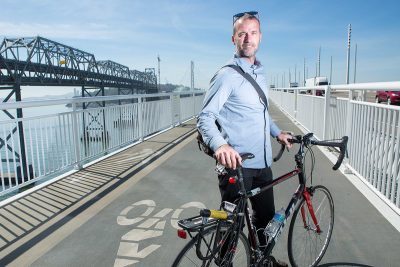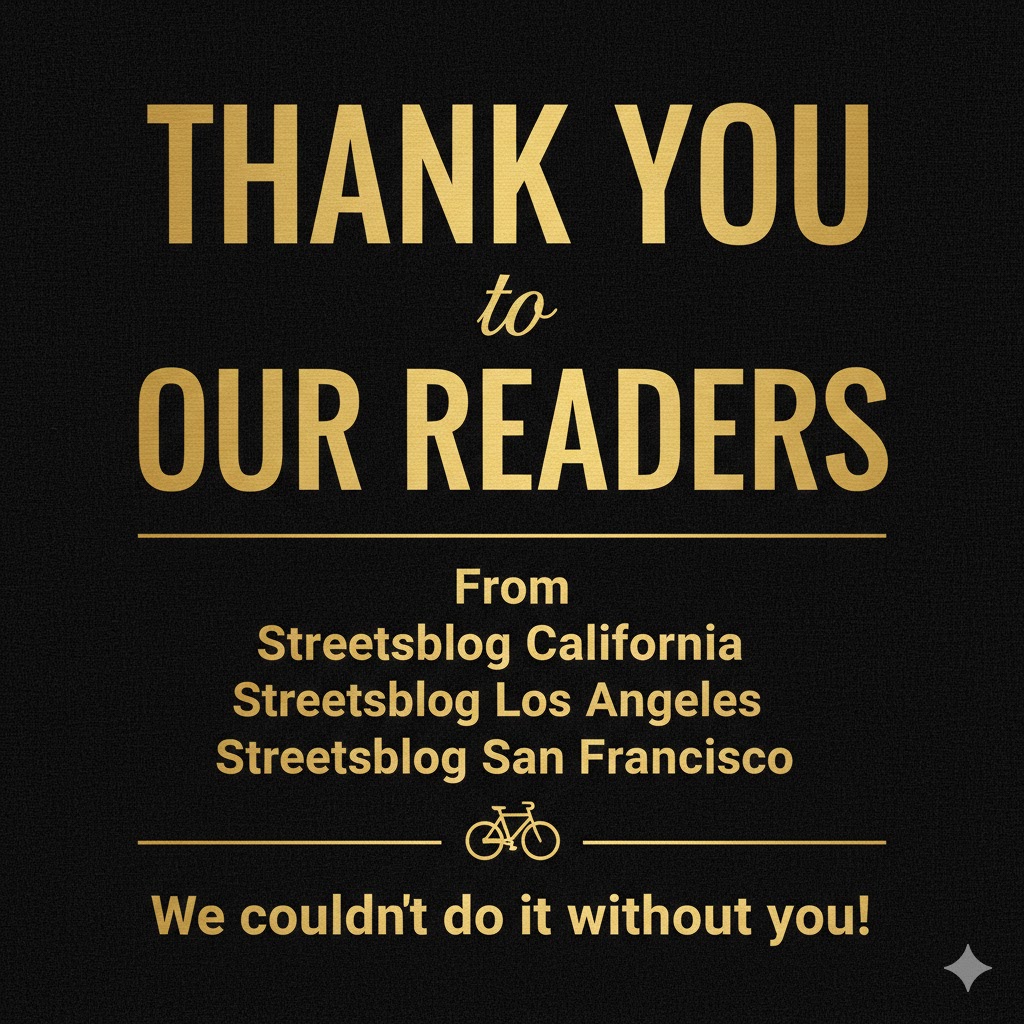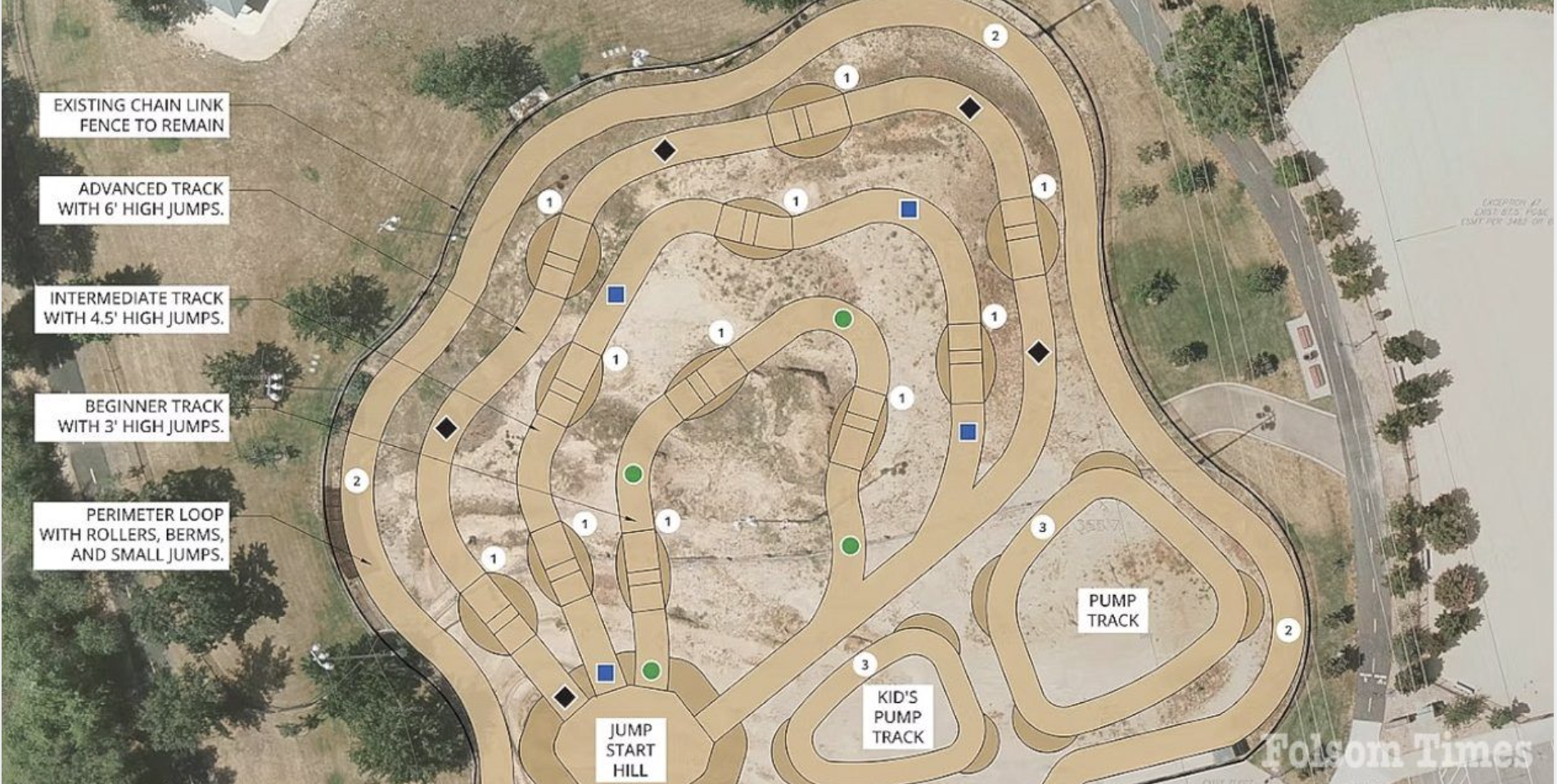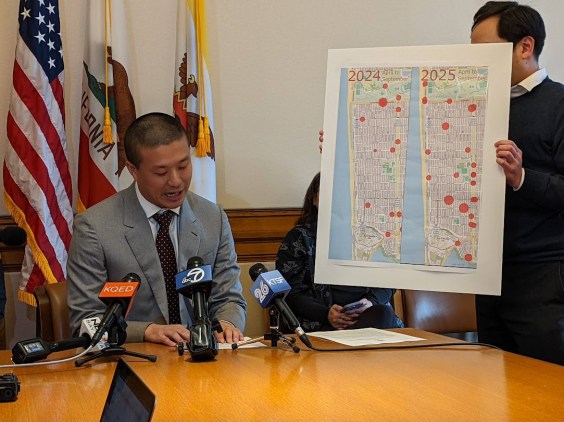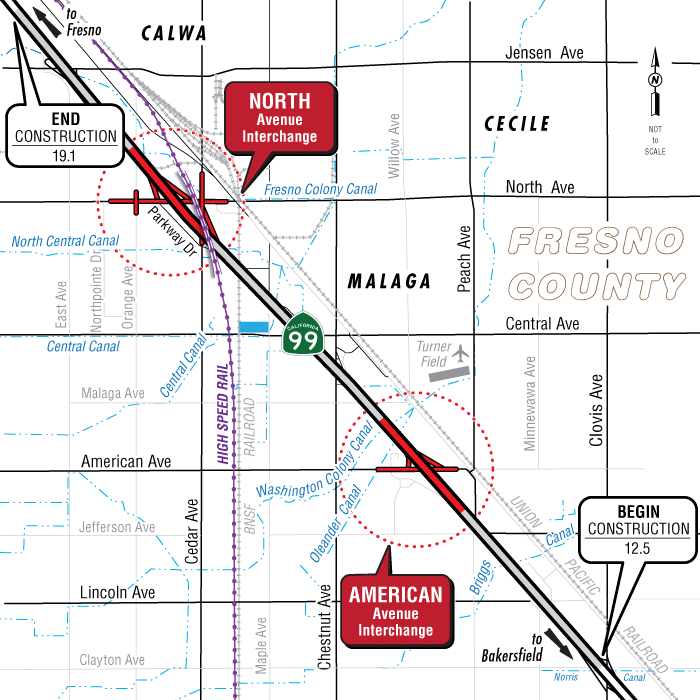Dave Campbell, Bike East Bay's Advocacy Director, barbecue maestro, and a veteran of over two decades fighting for safe streets, marks his last day of work at Bike East Bay this Wednesday, November 16. He'll be heading back east next month to take a job in Charlotte, North Carolina. Streetsblog sat down with him to hear his thoughts on advocating for better bike lanes, pedestrian crossings, and transit in the Bay Area.
Streetsblog: Tell us about your new gig.
Dave Campbell: I accepted the position of bike and micro-mobility planner in Charlotte, NC. I grew up in Georgia, so I'm moving to what I think of as back home, back to the Southeast. It’s right up the road from my family, particularly my mom.
SB: Charlotte has a reputation as a progressive city, no? Is it particularly walkable?
DC: They have a growing commitment to transit, light rail, and Bus Rapid Transit. Those are their big investments. They're not as far along in terms of transit as the Bay Area, but they're moving in the right direction.
SB: You went out there for the interview I assume?
DC: Yes, I spent two days there. I pretty much stayed downtown. I told them I wanted to talk with whoever is in charge of their paving program. I went on a bike ride with their equivalent of Sarah Fine of OakDOT, far as I can tell. They're building protected bikeways downtown. They’re doing better than the East Bay overall.
SB: Where do you fit on their DOT's org chart?
DC: I’m sure I’m at the very bottom. I had coffee with Jason Patton to pick his brain, hoping to become their Jason Patton--
SB: --of Oakland's "Bureau of Great Streets."
DC: We had a good talk.
SB: How how did your advocacy career start?
DC: I moved here in August 1996. I was practicing law near Justin Herman Plaza. I got off work one Friday and there were bikes everywhere. And I was like, holy shit, what is this? Next Monday I asked around the office and they said “oh that’s Critical Mass.” Then in September there was a transportation fair in Justin Herman Plaza. I was already biking and BARTing in the East Bay, so I had a natural interest. I was walking around the fair and somebody, I think it was Robert Raburn, put a bicycle safety quiz in front of my face. I took the quiz and failed.
SB: (Laughs) You failed a bicycle safety quiz?
DC: I think it was something about needing bike lights at night, so Robert told me about the monthly meetings in the East Bay. I went. I saw a bike path plan, but I had no idea what I was looking at, found out there was a Bike-Friendly Berkeley Coalition meeting. I was living in Berkeley at the time, so I went to that meeting and Stuart Cohen was there, he helped form it. Stuart said we’re planning our second annual or third annual bike film festival. I was like wow, there's a a bike film festival?
SB: So you got infected with the advocacy bug?
DC: Yeah. I thought the film festival was pretty cool. He introduced me to Kriss Worthington, who was running for Berkeley City Council. And he said "I don’t own a car and I bike to everything," and I thought “there’s no way he’s going to win!”
SB: Ha! The Kriss Worthington who was on the Berkeley City Council for 22 years.
DC: I worked with Chris a lot.
SB: So that got you volunteering with these advocacy group and eventually working for them.
DC: That’s how I got started.
SB: Tell me about your proudest achievements.
DC: I started a list. Not that I’m bragging.
SB: Lists are good. And you've earned some bragging rights. So what's number one?
DC: The Bay Bridge bike path is certainly one of them. Schwarzenegger became governor and he was threatening to take the bike path off the project, so I got in at that point. And then I got more involved in the design of the bike path. At some point we realized the new bridge was too close to the old bridge to provide room.
SB: Just at the end, when it landfalls on the island?
DC. Right. So we advocated to get half of it built until the old bridge was ripped down and then they could finish it.
SB: What else?
DC: Hearst Avenue in Berkeley. It was Berkeley's first planned protected bikeway. They were going to do a regular bike lane, but back in 2012 we started pushing the city, saying “we want protected bike lanes here.” The city was pushing back. But I was like, "it’s a repaving and we’re doing it."
SB: I know there are others, but I wanted to ask what you're most proud of overall in the Bay Area?
DC: When I go to summits and national conferences, it's BART and all of our transit, which is very bike friendly. I always have pride that we have the most bike friendly transit in the country.
SB: Except Muni of course. But that's not your territory.
DC: Right.
SB: What else?
DC: Re-imagining traffic enforcement. There’s still a lot more to do there but we’ve started to see progress and we’re seeing it more and more nationally. One of the points here is the police never actually make our streets safer. You put 100 officers on traffic patrol, or none of them doing it, it’s the same traffic safety issue.
SB: How can that be?
DC: Police departments were intentionally trained to harass people about moving violations and small thing as a way to search a car or a person.
SB: Rather than just enforcing traffic rules across the board?
DC: Right. They just go with their guts and decide if someone is worth stopping. It their gut doesn’t tell anything, they let them go.
SB: And guts can be pretty racist.
DC: I remember biking in East Oakland with RB when he was an intern with us. We were at a committee meeting and we were biking back through downtown, at Maxwell Park, where RB grew up. We rode past a patrol car, and RB looked back. He said “if you weren’t biking with me today, he would pull me over.”
SB: Because RB is Black and you're not?
DC: (Nodding) That’s the issue cities are dealing with. In L.A. they told their police department to just stop doing minor safety traffic stops. The Berkeley City Police Departmant also stopped and Oakland.
SB: But surely we still need police--or somebody--to do real traffic enforcement? Like not stopping people because they look "suspicious," but because they actually ran a red light or were speeding?
DC: More work to do on this issue.
SB: Indeed. So you were the first advocate I know to see the upshot of scooters, instead of just vilifying them. Why?
DC: I hear from traffic engineers how they think about streets and I get frustrated. They’re trained to do their job; they’re trained to move and park cars, and they say they’re about safety, and they mean it, but they also say “we can’t just back up traffic.”
SB: Which is an inherently incompatible approach.
DC: Right. It's super hard to get them to think multimodally. So one day I was walking in downtown Oakland and scooters had just been booted from SF.
SB: Right, and they all got dumped in Oakland.
DC: My first reaction was "who’s going to ride these things with these tiny wheels?" And I revisited a day or two later and it was like a Disney cartoon with people scooting everywhere. My reaction was that’s going to change thinking and talking about multimodalism, because that's people not in cars taking over the streets.
SB: Like a scooter "Critical Mass?"
DC: When streets just start functioning differently, you have to engage. So my initial reaction was this will help me change how people think about the street. And it would have if the pandemic hadn’t upended everything. But we may get back to that at some point.
SB: Is that your biggest disappointment? That it hasn't happened yet, that change in thinking about the streets?
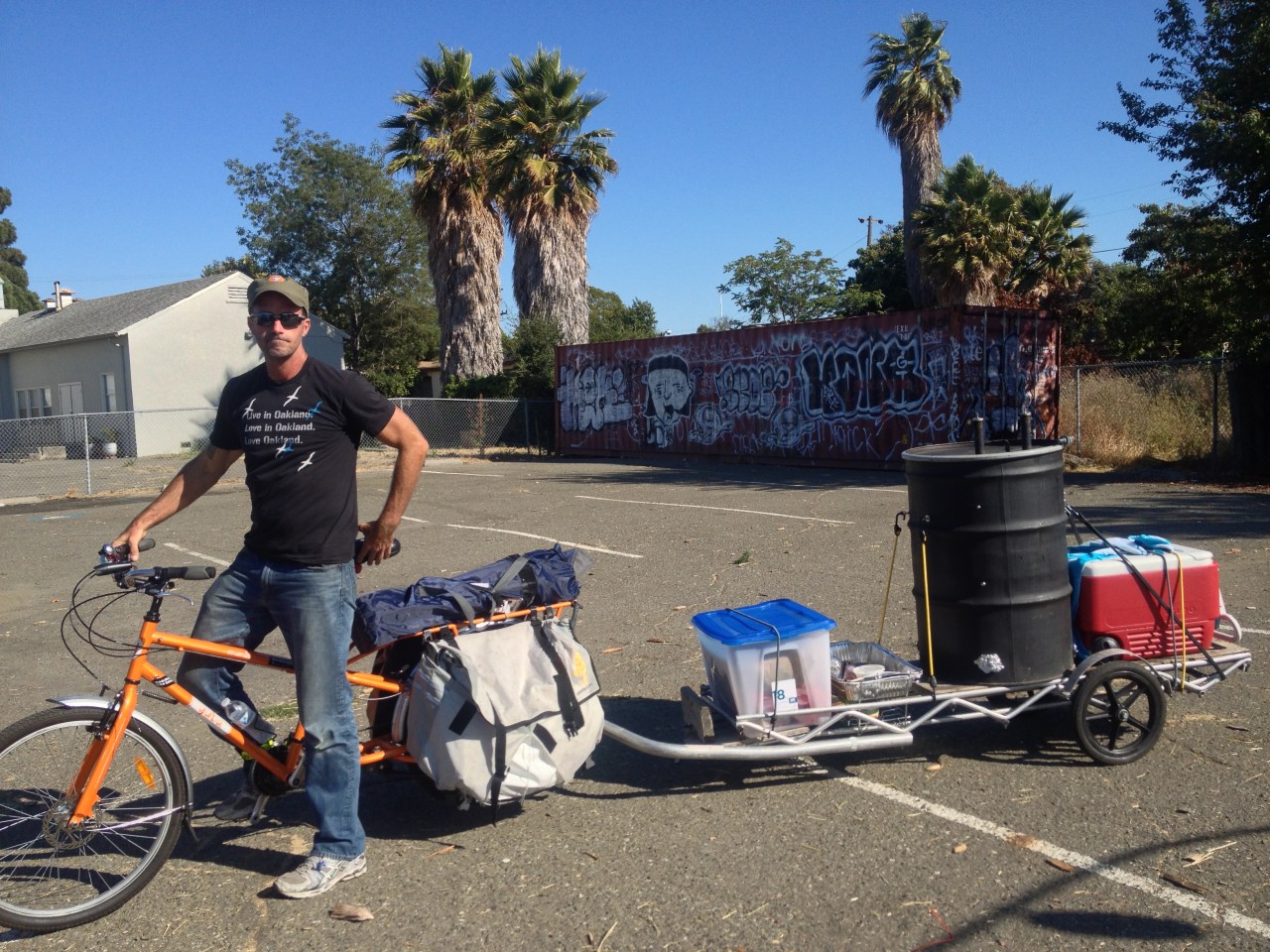
DC: The traffic engineering profession is still first and foremost focused on moving cars. They think more about bikes and peds and transit and disabled access then they did before, but they haven’t stopped thinking about moving cars less. It’s a “yes and” attitude about cars first--that has not changed. So that’s one of my biggest disappointment; that I have not been able to change that.
SB: Got a pearl of wisdom to leave for your fellow advocates?
DC: The bike “lobby,” or whatever you call us--we’re often told we have more clout than we think we have. So use that; use it to be part of a conversation for important decisions. Our streets are not safe and not equitable, so we need a certain amount of clout in this car-oriented world we live in. I think Bike East Bay has that and we should do good with it.
SB: Thanks Dave. Good luck in North Carolina. We're going to miss you.
***
Dave Campbell's duties will be taken over by his fellow advocate rock star, Bike East Bay's Robert Prinz. Readers can say thanks and goodbye to Dave at his going away party tonight/Wednesday at 1255 7th Street, Oakland.
This interview was edited for length and clarity.
